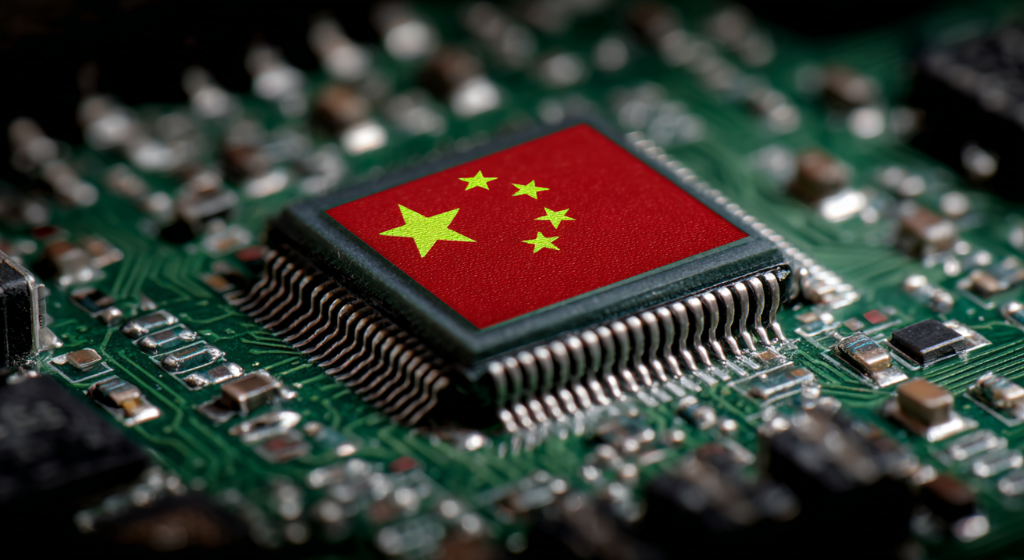
Chinese regulators have ordered major tech firms to halt purchases of NVIDIA’s H20 chips in retaliation for U.S. remarks deemed ‘insulting,’ intensifying the push for domestic semiconductors while NVIDIA scrambles to develop a new China-specific GPU. (Source: Image by RR)
Chinese Regulators Discourage Firms from Buying NVIDIA H20 Chips
Chinese regulators are pressuring domestic tech firms to halt purchases of NVIDIA’s H20 chips, escalating tensions in the global AI hardware race. According to the Financial Times, agencies including the Cyberspace Administration of China (CAC), the National Development and Reform Commission (NDRC), and the Ministry of Industry and Information Technology (MIIT) issued informal directives discouraging major companies such as ByteDance and Alibaba from placing new H20 orders. The push follows remarks by U.S. commerce secretary Howard Lutnick, which Beijing deemed “insulting,” and is part of a broader national effort to boost reliance on homegrown semiconductor technologies.
The controversy, as reported in engadget.com, stems from shifting U.S. export restrictions on advanced AI chips. Washington initially barred NVIDIA from selling H20 processors to China in April, citing fears they could support Chinese military AI development. But in July, the ban was eased after NVIDIA reportedly agreed to hand over 15 percent of profits from Chinese sales. Shortly afterward, Lutnick told CNBC that the U.S. intentionally keeps China “addicted to the American technology stack” by selling only downgraded hardware—a statement that sparked backlash from Beijing and triggered regulatory retaliation.
As a result, China’s regulators moved swiftly to curb NVIDIA’s market presence. The CAC’s informal notice directed leading tech firms to stop fresh orders until a national security review is complete, warning of substantial fines for noncompliance. In parallel, the NDRC urged companies to avoid purchasing any NVIDIA chips, effectively chilling demand for the H20. These measures signal Beijing’s determination to use political and regulatory levers to accelerate semiconductor self-sufficiency, even if it disrupts corporate procurement plans in the short term.
NVIDIA, meanwhile, is already working on alternatives to retain access to the Chinese market. Reuters reported that the company is developing a new GPU based on its Blackwell architecture, designed specifically for China but capped at roughly half the power of its Blackwell Ultra chips. While approval is not guaranteed, the project underscores NVIDIA’s efforts to navigate tightening export rules and geopolitical frictions. With both Washington and Beijing using chips as leverage, the outcome could reshape the global balance of power in AI hardware and cloud computing.
read more at engadget.com







Leave A Comment